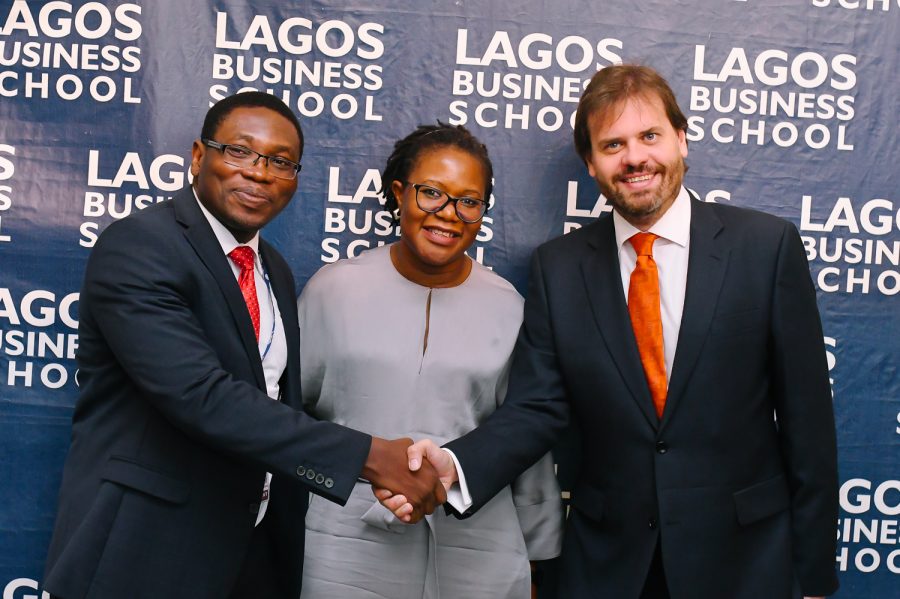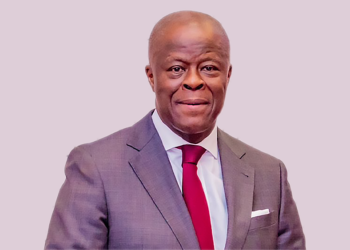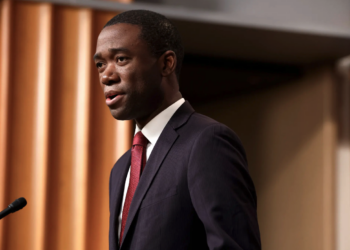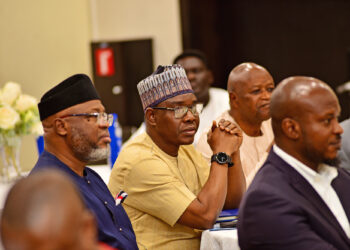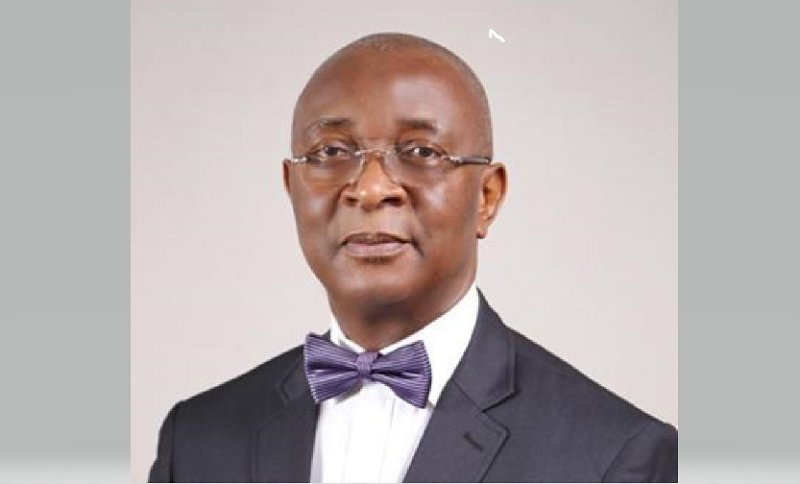The Lagos Business School (LBS) Sustainable and Digital Financial Services Initiative in collaboration with Dalberg, a consulting firm recently released a Customer Segmentation Report on financial inclusion.
The report was gathered across several geo-political zones in the country over the second half of last year.
The six segments of the sample population for the report include:
Vulnerable Believers
Vulnerable believers are the lower middle-class to poor, religious, predominantly rural, with limited education. They use financial services infrequently and struggle to pay their bills. They have the lowest aspirations for the future, and are less open and consider themselves less dependable.
Resilient Savers
Resilient savers are primarily men and are responsible for household financial decisions. They are frequent savers through family, friends, and groups. Savings are largely for emergencies. They are more impulsive than average.
Dependent Individualists
Dependent Individualists are the lower middle class and mostly female. They have the lowest level of education among all segments. They are the least impulsive and rely on others to make financial decisions for them. They have a lower than average trust in both banks and social networks.
Digital Youth
Digital youth are the wealthiest segment but have high-income volatility. They are young, well educated and frequent users of digital technology. They are most likely to perceive their community as unequal and believe they can trust their community but not rely on the community to invest in their business.
Confident Optimists
They are the middle to upper class, young, well educated and urban with high self-esteem and a positive view of the past and future. They are the largest users of mobile money and have a strong belief and trust in their community.
Skeptical Cultivators
Lower-middle class, rural, and older than average. They distrust banks and their broader community and are most likely to trust only those they’ve known long. They have the lowest self-esteem but high-self-confidence and sense of control. They struggle with planning but excel at savings.
Common characteristics across all segments
The following characteristics were prevalent across the six segments:
- 49% of the sample population had a bank account.
- 8% of the population have a mobile money account.
- 36% of the population made use of informal financial tools.
- Nigerians who talked more on the phone were more likely to be financially healthy.
- Those with tertiary education are more likely to have a mobile money account. 28% of those with tertiary education were more likely to use a mobile money account compared to the 4% of those without tertiary education.
- Those in rural areas have a lower likelihood of borrowing compared to urban residents.
- Spouses are more likely than others to save with groups and borrow from family.
- Singles have a lower likelihood of borrowing from groups, and allocate more of a windfall to spending on pleasure, than married Nigerians.
- A large majority of informal group members do not borrow through them. 43% of Nigerians who participate in Informal groups do not participate in them.
Dalberg Group was founded in 2001 by Henrik Skovby. The company provides advisory and research services.
The Lagos Business School was established in 1992 as the Centre for Professional Communications (CPC)

